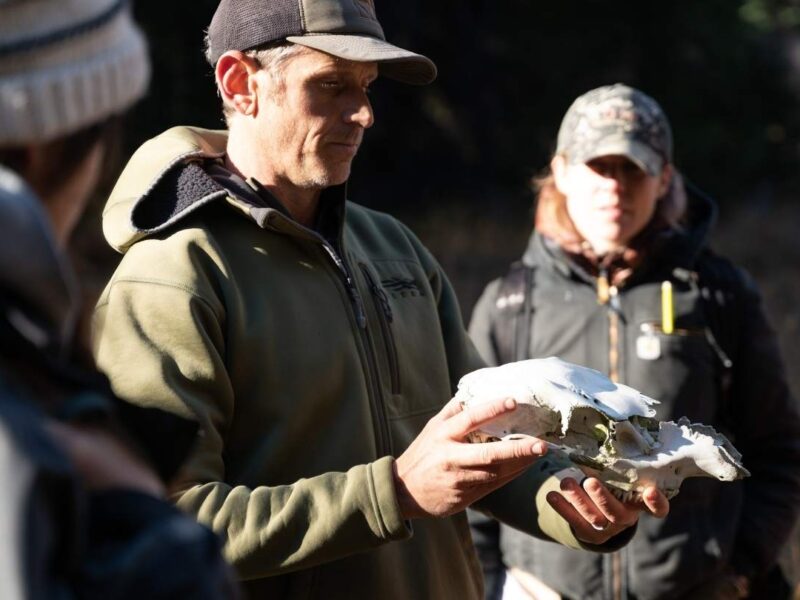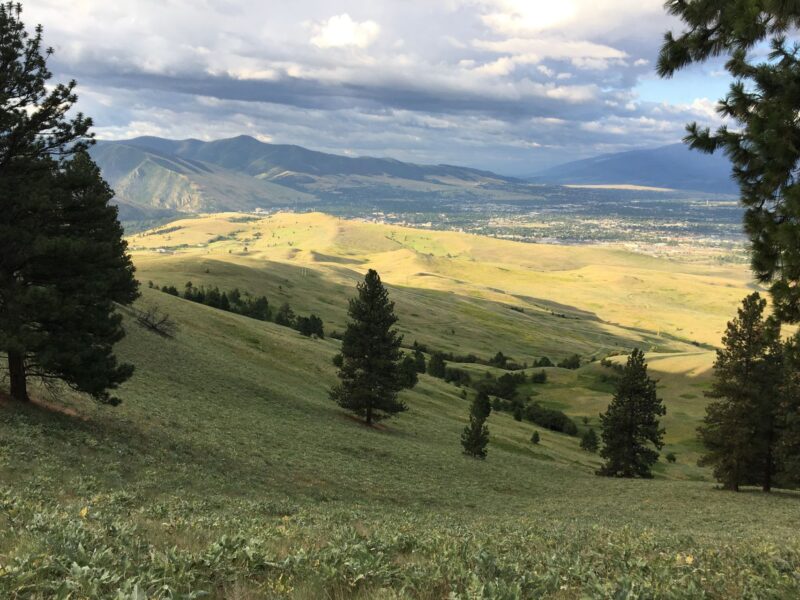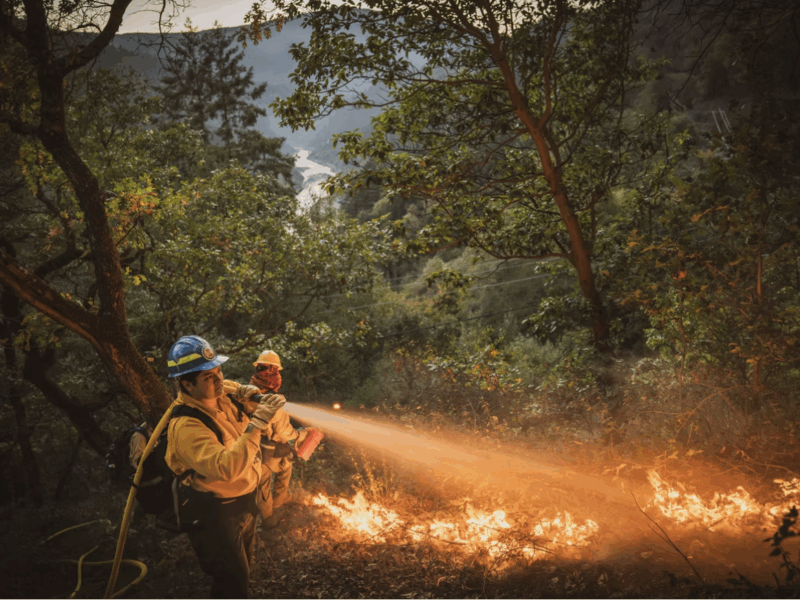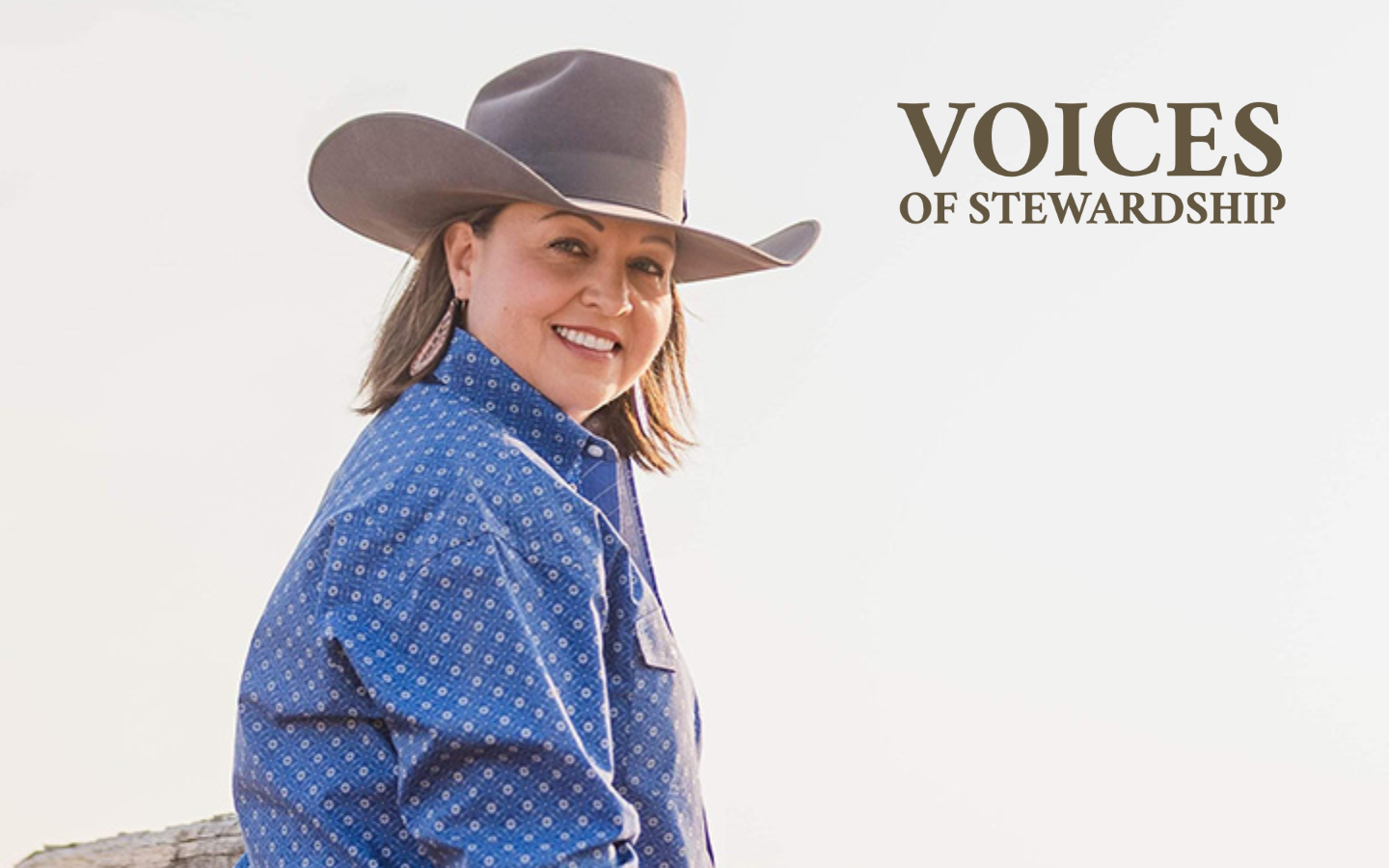
The center of my everything
Isolation is a word that most people were far less familiar with prior to 2020. However, it’s a word that many of us in agriculture know a lot about. I was born in southeastern Montana 30 miles out of town, in the middle of nowhere. I was born into a ranch family: I’m proud to say that I’m fifth generation on our working family ranch. I am also an enrolled member of the Oglala Lakota Sioux tribe and live on the Pine Ridge Indian Reservation. Despite these deep roots, I was always curious about how the rest of the world lived. It wasn’t until after I graduated from high school and left the prairie of Montana that I discovered just how different that could be.
As a teen, I fell into the trap of thinking that the grass was greener on the other side of the fence. Leaving behind the stark Montana landscape for fast life in the city is what I thought I wanted. And it was…for a short time. I lived in various cities working various corporate jobs for a number of years. I met a lot of interesting people, learned some great skills, and saw some neat places, but I always felt the call of home deep in my heart. When I say home, it wasn’t just Montana that pulled at me. It was Mother Nature herself. It was the prairie, the dirt, the creeks, the vast horizon, and the immediacy of the land.
One day I finally knew what I needed to do. I turned in my notice at my job and I moved back home. Things had definitely changed since I was there and I felt a sadness because of it, but most things had stayed the same. Regardless of what had changed, my attraction to the land remained steadfast. I am drawn to the serenity and calmness that out of the way places contain. I had always loved the wildness of the land, the continual renewal of it, and the fact that Mother Nature always calls the shots…like it or not.
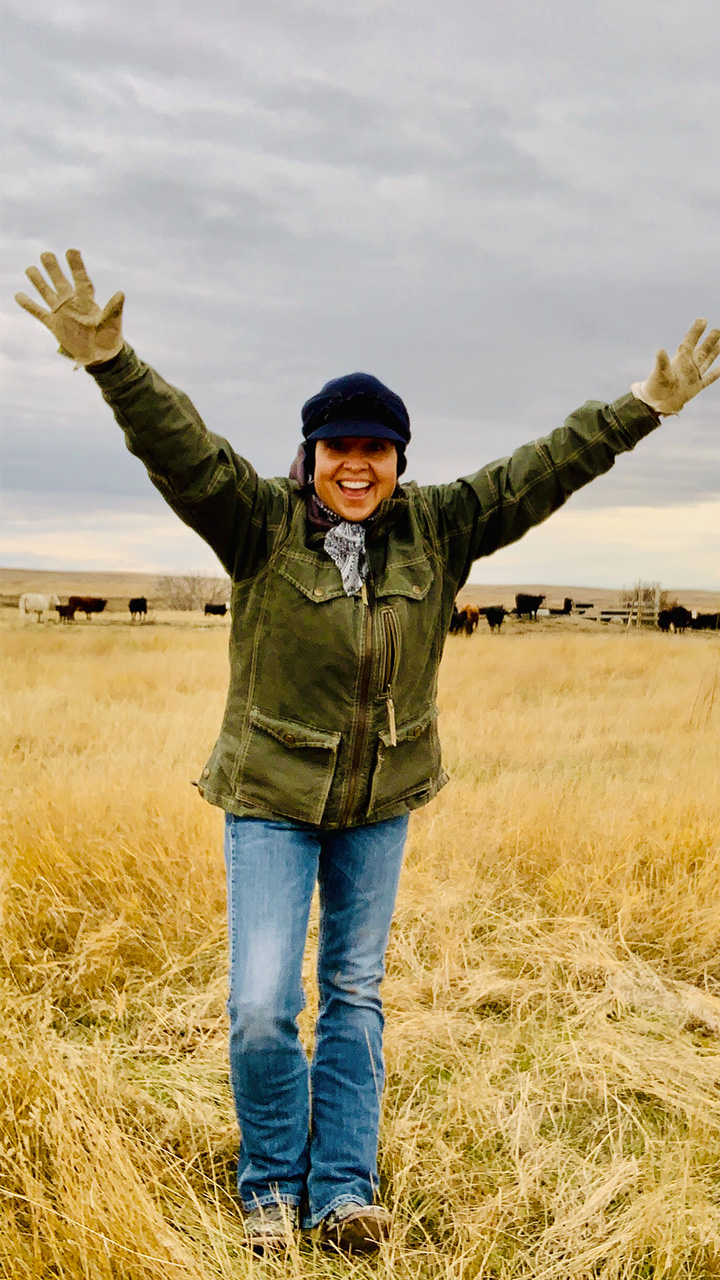
It was good to be home for a bit, but then something new found a spot in my heart. I met the man of my dreams and we got married. After 2 years we welcomed our son and our family was complete. We had begun our own ranching operation in South Dakota several years prior. I’ve never known such pride and such stress all in the same moment. It was one thing to help my folks at home, but it was entirely something new to have our butts on the line. I remember smiling big at shipping time and when Mother Nature blessed us with rain. I also remember crying big tears and feeling mournful while picking up dead calves after a devastating storm or finding several cows that had been struck by lightning. I have driven scared seeing a huge plume of smoke and flames in our calving pasture. I have been worried sick about my husband after a horse wreck that left him with a dislocated hip.
I have celebrated moments of joy and excitement when cattle prices were high, and I’ve written a budget and stared at the wall wondering how in the heck we were going to make it another year. I’ve prayed, I’ve worried, I’ve cussed, and I’ve lost sleep. I’ve plastered on a smile when all I really wanted to do was bawl my eyes out. I’ve been really angry with God and with Mother Nature. But then again, I’ve been really grateful and felt blessed by them too.
I stumbled across my great, great grandfather’s journal a while back. He sat down and wrote about some of the high points and low points in his life of homesteading in Montana. I can tell you this…he had grit! So did my great, great grandmother and most of the folks back then. They had a vision for what was possible if they could stick with it one more year. Those folks saw a future that many of us have forgotten about or take for granted. I had started to take it for granted myself: then 2020 came along and slapped me across the face.
Many of the homesteaders and first peoples of this country had something vital in common – love of, and deep respect for, the land. Those who made it out here in these hard places learned that if they took care of the land it would take care of them. Of course, there was disastrous weather. There was disease, drought and more that couldn’t be controlled. But what they fought for was land…land to call their own. They took pride in what they had and their ability to keep it together for the next generation. They nurtured it and they put back into it whatever they took.
That is how I’ve always felt about land stewardship. And if you think about it that’s a good way to think about life too. Everything in life can be thought of that way. You get out of a relationship what you put into it (same thing for a job, a friendship, etc.). So, in order to reap the harvest, you have to till, plant, water, and weed. You have to care about what you are doing, and you have to give it your all.
Rural living has taught me a lot about life all around. It has taught me to be resourceful, frugal, and grateful. Not everyone gets to live a life like this. There are many ways to make a living, but this is the only life for me. I always tell people that living in the middle of nowhere is the center of my everything. That usually gets a raised eyebrow. On this journey of life, I know that I’m right where I am supposed to be and I’m truly happy right here. I hope you feel the same way.



